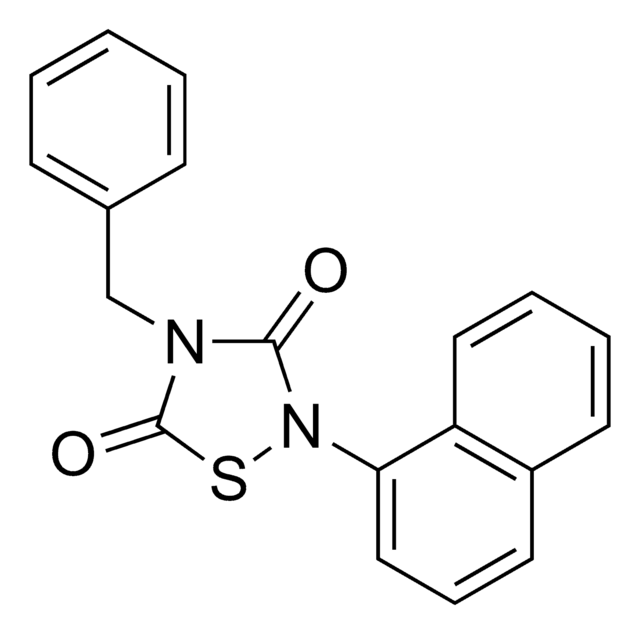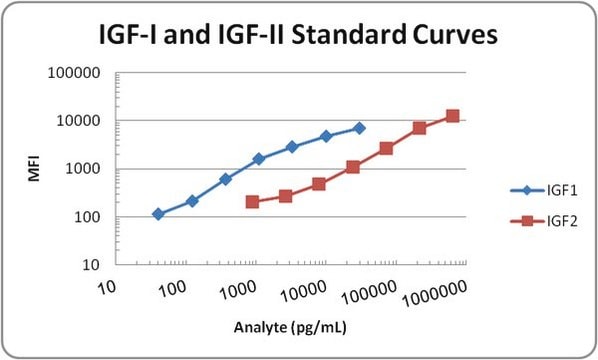MABF3141
Anti-ANTXR2/CMG-2 Antibody, clone 1H8
Sinónimos:
Anthrax toxin receptor 2, CMG-2, Capillary morphogenesis gene 2vprotein
About This Item
Productos recomendados
biological source
mouse
Quality Level
antibody form
purified antibody
antibody product type
primary antibodies
clone
1H8, monoclonal
species reactivity
human, mouse
packaging
antibody small pack of 100
technique(s)
western blot: suitable
isotype
IgG2cκ
epitope sequence
N-terminal half
Protein ID accession no.
UniProt accession no.
Gene Information
human ... ANTXR2(118429)
Specificity
Immunogen
Application
Evaluated by Western Blotting in Mouse lung tissue lysate.
Western Blotting Analysis: A 1:1,000 dilution of this antibody detected ANTXR2/CMG-2 in Mouse lung tissue lysate.
Tested Applications
Western Blotting Analysis: A representative lot detected ANTXR2/CMG-2 in Western Blotting applications (Chaudhary, A., et al. (2012). Cancer Cell. 21(2):212-26; Szot, C., et al. (2018). J Clin Invest. 128(7):2927-2943).
Note: Actual optimal working dilutions must be determined by end user as specimens, and experimental conditions may vary with the end user.
Target description
Physical form
Reconstitution
Storage and Stability
Other Notes
Disclaimer
¿No encuentra el producto adecuado?
Pruebe nuestro Herramienta de selección de productos.
Storage Class
12 - Non Combustible Liquids
wgk_germany
WGK 1
flash_point_f
Not applicable
flash_point_c
Not applicable
Certificados de análisis (COA)
Busque Certificados de análisis (COA) introduciendo el número de lote del producto. Los números de lote se encuentran en la etiqueta del producto después de las palabras «Lot» o «Batch»
¿Ya tiene este producto?
Encuentre la documentación para los productos que ha comprado recientemente en la Biblioteca de documentos.
Nuestro equipo de científicos tiene experiencia en todas las áreas de investigación: Ciencias de la vida, Ciencia de los materiales, Síntesis química, Cromatografía, Analítica y muchas otras.
Póngase en contacto con el Servicio técnico








